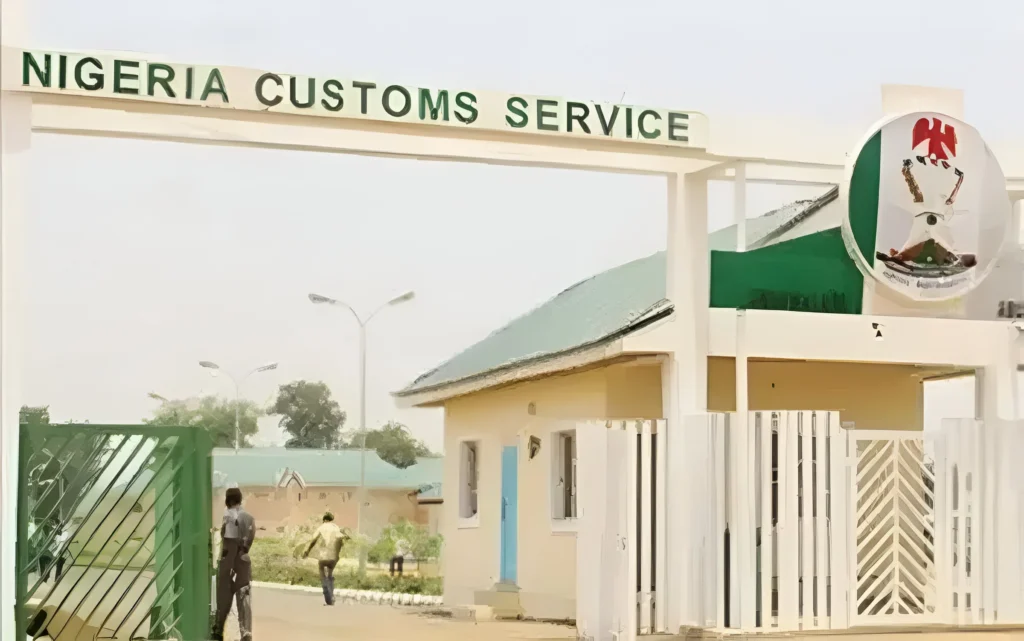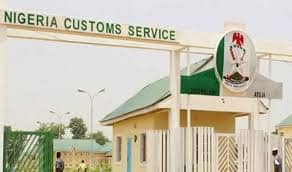The Nigeria Customs Service (NCS) has reported revenue of ₦7.1 billion generated through the Nigeria Export Supervision Scheme (NESS) at its Lilypond Export Command during the first quarter of 2025. The figure marks a marginal rise from the ₦7 billion recorded in the same period last year.
This was disclosed by the Customs Area Comptroller (CAC) of the Lilypond Export Command, Mr Ajibola Odusanya, during a press briefing held in Lagos on Thursday.
Providing further insights, Odusanya revealed that the command experienced a significant uptick in export activity during the quarter under review. A total of 11,459 containers — comprising both 20ft and 40ft units — were processed by the command, nearly doubling the 5,891 containers recorded in the first quarter of 2024.
According to him, the surge was driven by a diverse range of export commodities, including agricultural produce, processed goods, and solid minerals.
“From the 11,459 containers handled by the command in the first quarter of 2025, which were stuffed with agricultural produce, earnings amounted to $596.8 million; $329.9 million was generated from manufactured goods; $50.1 million from solid minerals; and other goods accounted for $87.4 million of trade value.

“In comparison, agricultural produce handled in the first quarter of 2024 stood at $542.9 million, manufactured goods at $134.6 million, solid minerals at $87.4 million, and other goods at $18.1 million.
“The cumulative export value in the first quarter amounted to $986.4 million, which is 318 percent higher than the $236.0 million value of export through the command in the first quarter of 2024. Comparatively, this shows an increase of $750.3 million, representing over 318 percent improvement in value,” Odusanya stated.
Reflecting on the command’s performance, the customs boss credited the ongoing improvements to the effective leadership and operational reforms at the Lilypond Export Command. He expressed optimism that the command would continue to attract exporters and serve as a key contributor to the Federal Government’s economic diversification agenda through non-oil exports.
He also highlighted the consolidation of export operations at the Lilypond Export Command — in compliance with directives from the Comptroller-General of Customs, Bashir Adeniyi — as a major factor behind the efficiency gains in export handling, particularly at the Lagos ports.
Odusanya pointed to the recent formal launch of the Authorised Economic Operator (AEO) scheme on 14 February, where outstanding exporters were recognised for their contributions to national trade. He described the occasion as a testament to the increasing vibrancy of Nigeria’s export ecosystem.
He concluded by acknowledging the support of stakeholders and sister agencies, noting their critical role in the command’s efforts to streamline and enhance export processes.

